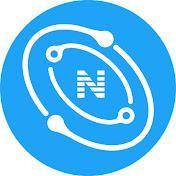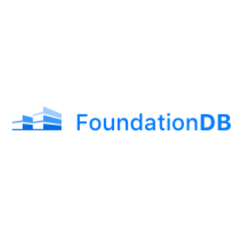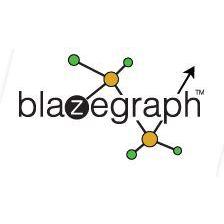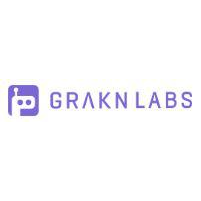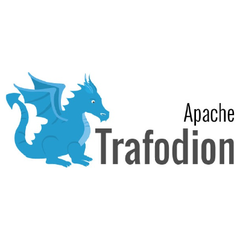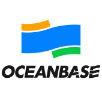
Oceanbase
OceanBase is a cutting-edge distributed database designed to handle mission-critical workloads with unparalleled performance and reliability. It supports both OLTP and OLAP scenarios, ensuring seamless scalability and zero downtime. With advanced features like 100% ACID compliance and strong synchronization, it simplifies data management while significantly reducing storage costs and enhancing operational efficiency.
Top Oceanbase Alternatives
AntDB
AntDB is a cloud-native, distributed relational database designed for high-performance transaction and analytical processing.
Nebula Graph
Nebula Graph is a cutting-edge distributed graph database designed for massive-scale graph processing with millisecond latency.
FoundationDB
FoundationDB is a robust multi-model database that enables users to store diverse data types efficiently.
Blazegraph
Blazegraph™ DB is an ultra high-performance graph database capable of supporting up to 50 billion edges on a single machine.
Apache Accumulo
Apache Accumulo enables efficient storage and management of large data sets across clusters, leveraging Apache Hadoop's HDFS for data storage and ZooKeeper for consensus.
Grakn
Grakn is a sophisticated distributed database designed to facilitate the creation of intelligent data applications.
Apache Trafodion
It seamlessly integrates with Hadoop, providing SQL access to structured, semi-structured, and unstructured data...
rqlite
It features a user-friendly HTTP API, supports full-text and vector searches, and ensures secure deployments...
Top Oceanbase Features
- Multi-cloud deployment flexibility
- 100% ACID compliance
- Seamless transaction handling
- Advanced compression technology
- Real-time analytics support
- Supports diverse data types
- Zero downtime architecture
- Multi-replica strong synchronization
- Easy horizontal and vertical scaling
- On-the-fly scalability features
- Built-in vector AI capabilities
- Cost-effective multi-tenancy
- Enterprise-grade SQL optimization
- Low total cost of ownership
- Exceptional query performance
- Linear performance growth
- Disaster recovery automation
- High concurrency handling
- Robust disaster recovery options
- Proven in high-traffic events

